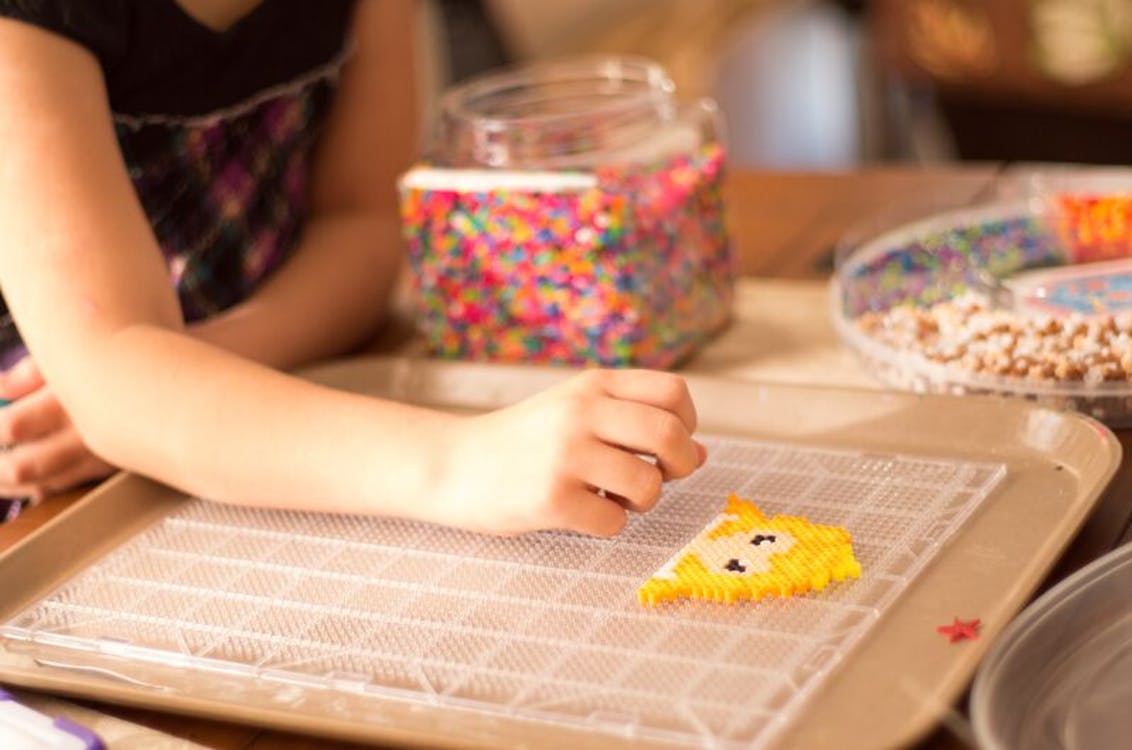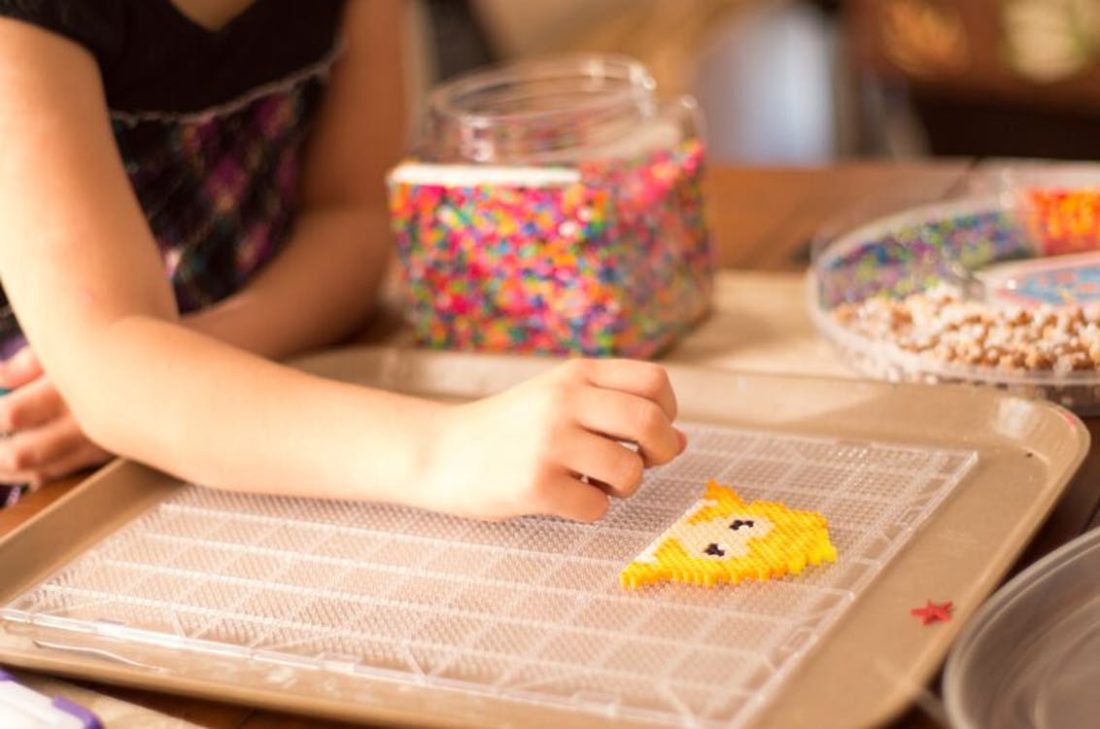
Both children and adults feel more secure when life is predictable, but children are much less able to deal with unpredictability and benefit far more from a fixed routine in life. Children need to learn that they can trust others to take care of their needs so that they can feel free to explore their world. A routine makes your child more confident in themselves and in the world around them.
Predictability can be very tedious for adults, but it is something that children thrive upon. A child used to a predictable routine will be calmer and more cooperative as they feel less need to worry about their environment and circumstances. Routines that are disrupted can set a child off and make them feel irritable and insecure. Here are a few of the reasons why routines are important for children.
1. Routines provide security for kids
When children know what to expect next, they feel as if there is a sense of control in their lives. When so much is in fact out of their control, this sense of security is important in building children’s self-confidence and ensuring that they feel comfortable in the world. The individuals involved in the routine also matter. A fixed bedtime but with a different caretaker every night does not count as a routine.
2. Parents also benefit from routine
Like it or not, you as a parent also need some degree of predictability when dealing with your children. Young humans are unpredictable, going through growing pains and illnesses at regular intervals, which can make life difficult for a parent. Having a schedule for at least some parts of your child’s life will help you adjust to unpredictable events. You will also face fewer questions and fuss from your child if the plan for the day is a regular, recurring event.
3. Children learn to take charge of their own activities
If your child knows that bath time is at a certain time of the day, they can help you with the activity – running the bath, getting undressed, and picking their favorites from the toy organizer (these are available from online stores such as skiphop.com) without needing constant reminding from your side. It is also very important for children to get to a point where certain events in their life are in their own care. Being in charge of some of life’s steps is an excellent way for your child to build confidence in themselves.
4. Regular bedtimes lead to quality sleep
As a parent, you will know how difficult it is to get through a night of good sleep – for both you and your child. If your child is awake, you are also likely to be kept awake, so encouraging healthy sleeping habits for your child will help you sleep well. A routine is key here, so get into certain bedtime habits – for example, read to your child when it is time to go to sleep. Leave the lights on for a short period, but turn them off at a fixed time. Try to keep the rest of the house quiet at bedtime.
5. Eliminate power struggles with a routine
One important benefit of setting in place a routine is the fact that, from the viewpoint of your child, you are not coming across as ordering them around and requesting that tasks get completed. Instead, in their mind, whatever task is at hand is simply what gets done at a certain time of day – instead of nagging your child to brush their teeth, getting into the habit of brushing immediately after breakfast will create the expectation that this is simply what is done after breakfast.
6. Teach kids to look forward to things
Daily routines should include things that children enjoy, whether it is time in front of the television or playing a favorite game. If your child knows that a fun activity is coming around soon, they will look forward to it. As adults, looking forward to things that we enjoy helps us to through the more tedious moments in life, and you can teach your kids this lesson early on by packing fun moments into their daily routine.
Remember that routines, though structured, should also be flexible. Routines can change with the seasons – earlier bedtime in winter and more playtime in summer, for example. Life is filled with interruptions, so you can allow the routine on select days to be interrupted with a pleasant surprise. Nonetheless, you need to maintain a good base level of predictability in your child’s life, so do not interrupt routines too often.
